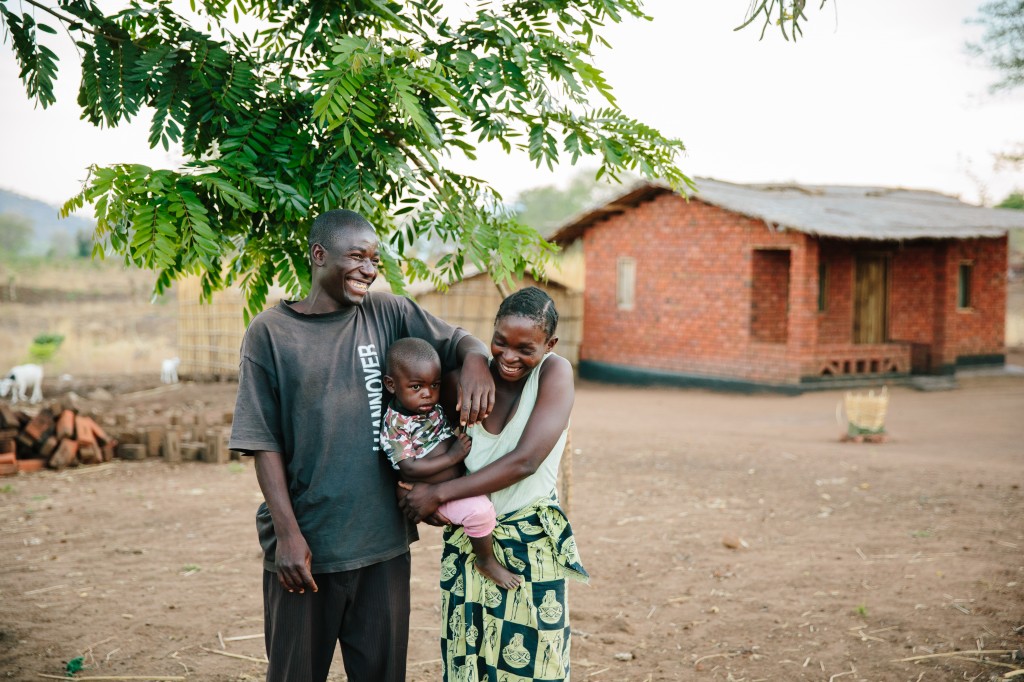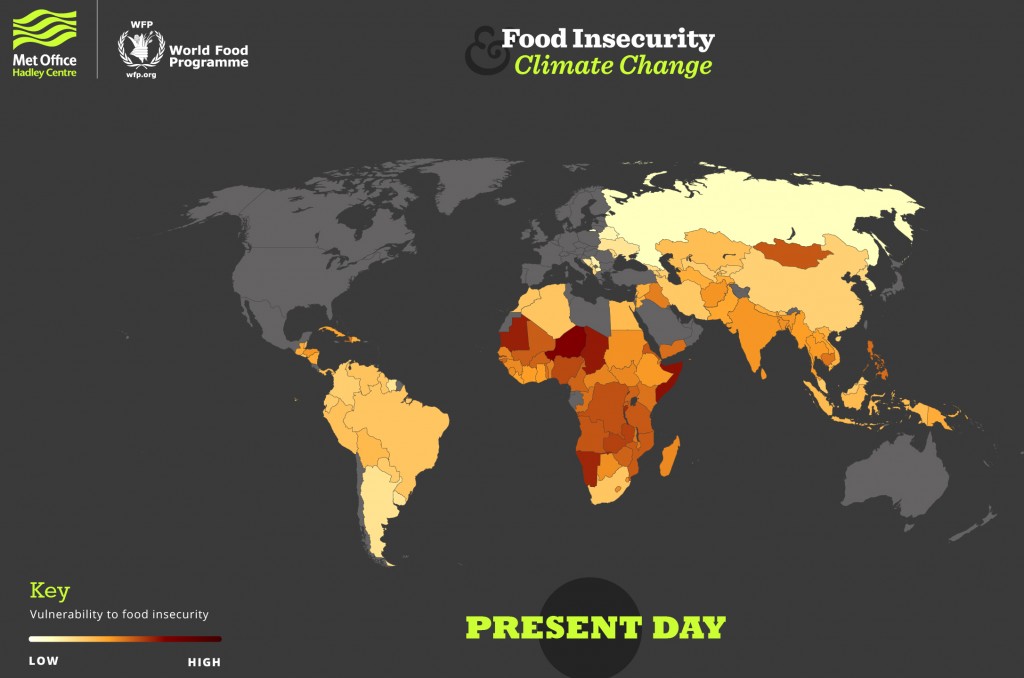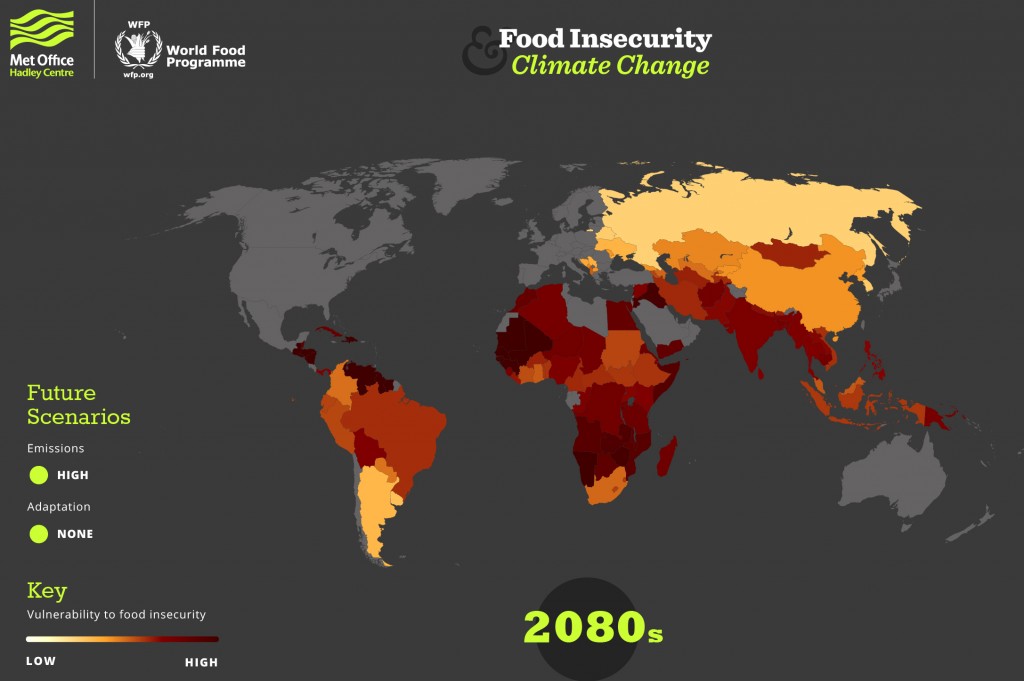Fighting to Flourish
11 May, 2017
Esau grins widely as he picks up his little boy and kisses his cheek. A tall, strong man with broad shoulders, Esau commands attention. As he puts his arm lovingly around his wife and poses for a photo, they laugh out loud together.
At just 27 years of age, gentle giant Esau is a devoted husband and loving father of three energetic children. His family’s home is a village in rural Malawi, southeastern Africa, a region prone to drought and vulnerable to food insecurity.
A light breeze cools the air, providing relief from the oven heat as Esau shares his story. As a farmer, harsh climate conditions meant he struggled to grow enough food in the harvesting season to support his family for the rest of the year.
Esau supplemented his income by running his own bicycle taxi business. But without a bicycle of his own, hiring one from someone else in the village cut into his profit.
No matter how hard he worked, Esau never seemed to be able to get ahead. He says his family used to eat just two meals a day because he could not manage to harvest enough food. He felt frustrated because he couldn’t provide for his family.
And Esau is not alone: vulnerability to food insecurity is a huge challenge for millions of people like him. The World Food Programme aims to completely eradicate global hunger by 2030, but says this will not be achieved unless urgent action is taken to address changes in climate.
According to the WFP, changing climate patterns exacerbate the risks of hunger through the increasing frequency and intensity of extreme weather events like droughts, floods and storms, while rising sea levels will decimate coastal areas.
In 2010, Esau had a breakthrough. A new ADRA project started in his village, teaching farmers about new agriculture and climate adaptation techniques. He jumped at the chance. Armed with these new skills, Esau increased his harvest fivefold from the same piece of land. The extra food helps his family survive the dry spells, and means he can sell the excess harvest at the market.
Another farmer in the village, Florence, paints a similar picture. When the Tsogolo Labwino project began in the area, “it transformed the mindset of the people,” Florence says.
Esau got involved in other activities through the ADRA project. Hygiene and sanitation training helped his family become healthier, while a community savings and loans initiative assisted him to buy farming implements which helped him produce enough food for his household and surplus for sale. With those savings, Esau was able to purchase his own bicycle which he operates as a taxi. His future plans include improving his house and starting a hardware business.
“My family has plenty now,” Esau says proudly. “We are even able to support the needy.”
As Esau watches his children chasing each other around a nearby tree, he shares his dreams for them. “My plan for the children is for them to attain better education,” Esau says.
But consider this: under one scientific model, Malawi faces a 66% increase in vulnerability to food insecurity by 2080. In this context, Esau’s children face an uncertain and challenging future.
Recently, ADRA requested support to provide urgent food aid to people on the brink of starvation in Kenya, Somalia and South Sudan. There are so many people in need, the scale is overwhelming. But what if we could do something to help prevent food crises like this from happening in the first place?
That’s why Esau’s story is so important. ADRA’s projects in African nations like Malawi, Zambia and Zimbabwe are helping farmers like Esau adapt to the changing climate to produce enough food for their families, even during times of drought.
 1800
242 372
1800
242 372

